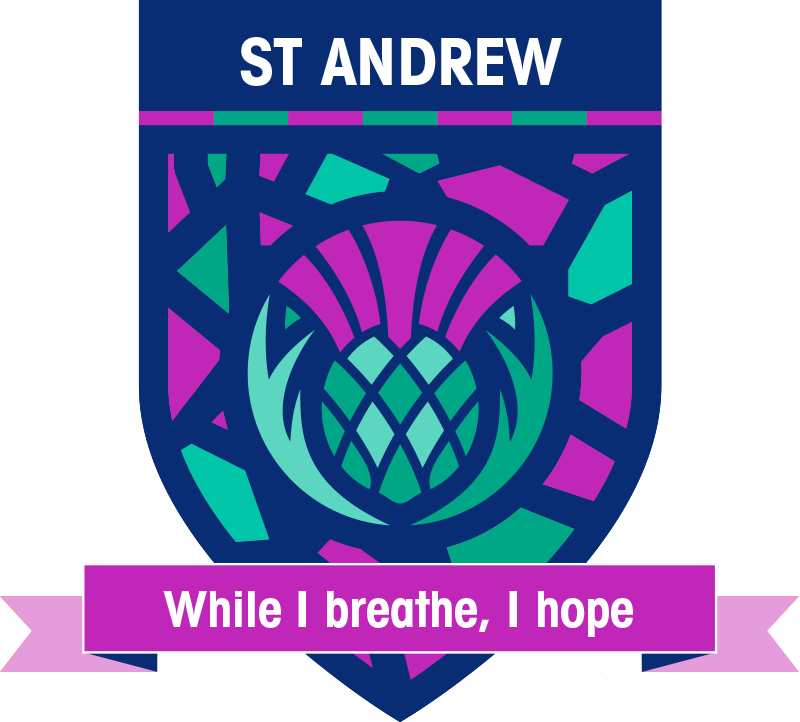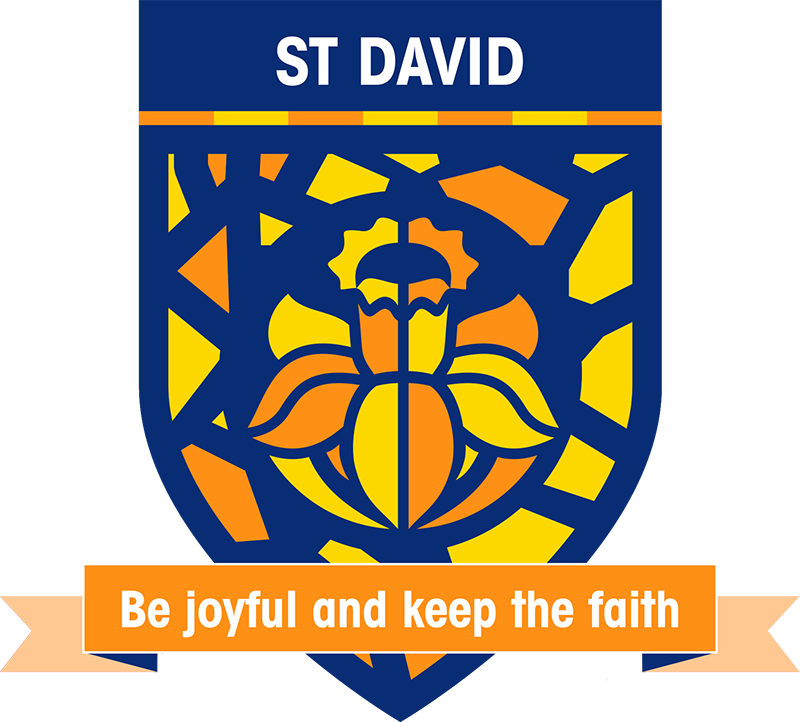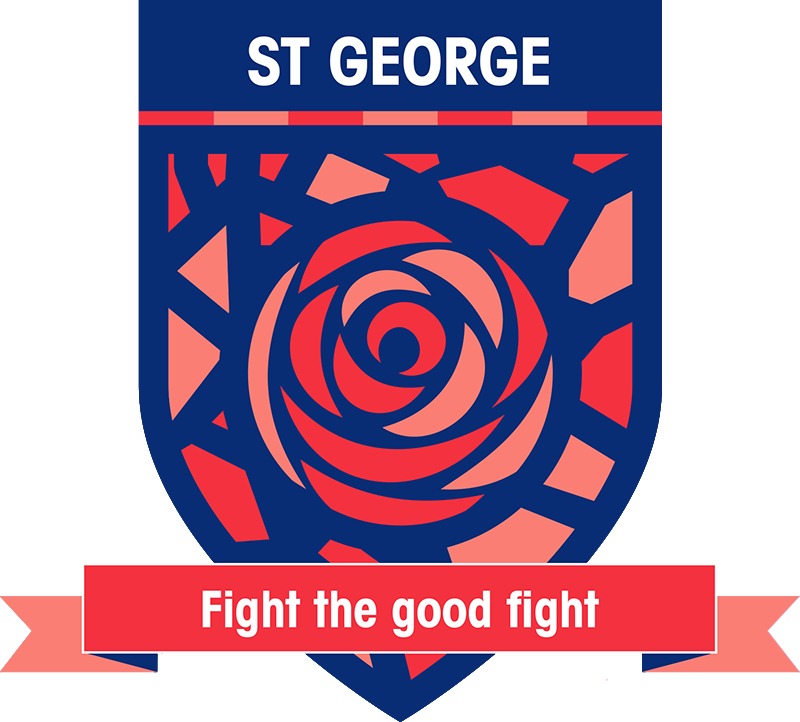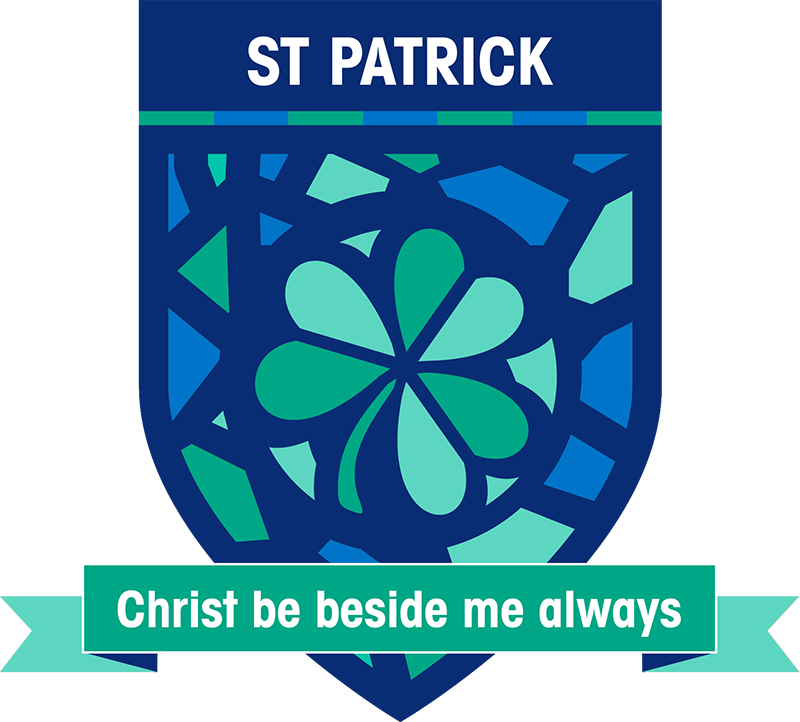What can I do after year 11 exams?
Young people in England are required by law to stay in education or training until aged 18. There are several pathways for 16 to 18-year olds to choose from, depending on what you’re thinking about doing next.
If you are ready to begin a level 3 programme you could take A-levels or a T-level. Or you could take up an apprenticeship, a traineeship, or select part-time learning whilst working or volunteering.
Study full-time
Schools, colleges and training providers offer a range of subjects and courses which you can study full-time. You normally need to have at least five GCSE passes at grades 9 – 4. Pupils apply for places and will be offered provisional places that will be based on outcomes of their school performance.
T-Levels
T-levels were introduced in 2020 and are being rolled out across the country over the next couple of years. More subjects are becoming available every year.
A T-level is a two-year course that focuses on technical skills. One T-level is equivalent to three A-levels.
T-level students spend approximately 80% of their time at college or school, learning the knowledge and skills that employers need, and 20% of their time on an industry placement.
After T-levels, young people can either choose to continue into employment (including opting for an apprenticeship) or select a higher education course aimed at the career they want. This could be a higher technical course or a degree.
A-levels
A-levels are a two-year course of study.
Most students study three A-levels, but you can also combine them with other qualifications.
After A-levels, many young people go onto higher education at college and/or university to do degrees and higher technical qualifications, while others begin working at age 18.
Other level 3 qualifications
As well as A-levels and T-levels there are other specific qualifications at level 3 that can prepare you for particular job roles or further study. These level 3 qualifications include vocational qualifications such as BTEC’s.
Level 1 and 2 qualifications
Additional GCSEs or other level 1 and 2 qualifications might be the right next step to help you build your pathway to further study or the workplace
Apprenticeships, Traineeships and Supported Internships
Apprenticeships combine study with training in a paid job.
Apprentices spend most of their time at work, with at least 20% of their time spent learning on the job.
Apprenticeships are offered at all levels, but most 16-year-olds would enter an apprenticeship at Level 2 or 3. Level 2 is equivalent to GCSEs and Level 3 is equivalent to A-levels and T-levels.
Apprenticeships are offered by employers, who advertise when they have vacancies. Vacancies are also advertised locally, for example through colleges, or on national websites.
Traineeships prepare you ready for work or for doing an apprenticeship. They last from six weeks to six months and provide essential work preparation training, literacy and numeracy skills and work experience to get an apprenticeship or other job.
Supported Internships supported internships are a structured, work-based study programme for 16 to 24-year-olds with SEND, who have an education, health and care (EHC) plan. The core aim of a supported internship study programme is a substantial work placement, facilitated by the support of an expert job coach. Supported interns are enrolled and supported by a learning provider, for example, a school or college, but spend most of their learning time – typically around 70% – in a workplace. The internships provide the opportunity for young people to achieve sustained, paid employment by equipping them with the skills they need for work, through learning in the workplace
Armed forces apprenticeships
There are around 20,000 apprentices on a programme in the armed forces at any one time, ranging from engineering and construction to hospitality and animal care, with new schemes recently developed such as digital information. Having a career devoted to serving your country is incredibly rewarding. Employees are known for their courage, commitment and discipline – three qualities that set them up for a long and successful career, whether they choose to stay in the armed forces or apply their skills elsewhere. You’ll also have plenty of opportunities to travel and build a diverse skill set – all whilst bonding with a tight-knit group of colleagues that will become friends for life.
And that’s not mentioning all the employee perks you can get, like FREE accommodation!
Whether you want to join the Army, RAF or Royal Navy, you can do so with an apprenticeship. The Ministry of Defence is the largest provider of apprenticeships in the UK offering over 20,000 different schemes. So you’re bound to find something that floats your battleship
What happens if I don’t achieve a grade 4 in English and Maths?
If you achieve a grade 4 (previously Grade C) or above in English and Maths GCSE, this opens up the full range of pathway options available from 16+. However, many young people do not achieve these grades at the first attempt.
Don’t be too anxious if this applies to you. It’s not unusual to repeat either or both of these qualifications. In fact, because these two GCSEs are such an important foundation for most people’s further study or employment, government funds all young people to continue studying these subjects until they achieve grade 4 or until the age of 18. This could be at college, or wherever you have chosen to train or study next – you should speak to your chosen training provider or college about re-sitting your English and / or Maths as soon as you receive your results – school can help you with this on results day.
CEIAG – Policy Statement
Policy Statement on Provider Access for the Provision of CEIAG Ss. John Fisher and Thomas More RC High School: Provider Access Policy
Introduction
This policy statement sets out the school’s arrangements for managing the access of providers to pupils at the school for the purpose of giving them information about the provider’s education or training offer. This complies with the school’s legal obligations under Section 42B of the Education Act 1997.
Pupil entitlement
All pupils in years 8-13 are entitled:
- To find out about technical education qualifications and apprenticeships opportunities, as part of a careers programme which provides information on the full range of education and training options available at each transition point
- To hear from a range of local providers about the opportunities they offer, including technical education and apprenticeships – through options events, assemblies and group discussions and taster events
- To understand how to make applications for the full range of academic and technical courses.
Management of provider access requests
Provider access policy
Procedure
A provider wishing to request access should contact Mr S Atkin (Assistant Headteacher & Careers Lead)
Ss. John Fisher and Thomas More RC High School, Gibfield Road, Colne BB8 8JT
Telephone: 01282 865299 OR email: atkin.s@fishermore.lancs.sch.uk
Opportunities for access
A number of events, integrated into the school careers programme, will offer providers an opportunity to come into school to speak to pupils and/or their parents/carers:
| Year | Autumn Term | Spring Term | Summer Term |
|---|---|---|---|
| 7 |
Carousel of world of work lessons during PSHE Job of the Week every Friday during PD time |
National Careers Week National Apprenticeship Week World of Work event Job of the Week every Friday during PD time |
Job of the Week every Friday during PD time |
| 8 |
Carousel of world of work lessons during PSHE Job of the Week every Friday during PD time |
National Careers Week National Apprenticeship Week Job of the Week every Friday during PD time
|
Escape to the Future event
Job of the Week every Friday during PD time |
| 9 |
Carousel of world of work lessons during PSHE Job of the Week every Friday during PD time |
National Careers Week National Apprenticeship Week 1 to 1 Careers Advisor Talks Form Options and Careers Advisor Talks Futures event delivered by Nelson and Colne Job of the Week every Friday during PD time |
Job of the Week every Friday during PD time |
| 10 |
Carousel of world of work lessons during PSHE Job of the Week every Friday during PD time |
National Careers Week National Apprenticeship Week Job of the Week every Friday during PD time |
Rotation of assemblies / carousel of lessons 1 to 1 Careers Advisor Talks Nelson and Colne College Taster Day Burnley College Taster Day Job of the Week every Friday during PD time Work experience week |
| 11 |
Post-16 information evening Rotation of provider assemblies Carousel of career lessons during PSHE 1 to 1 Careers Advisor Talks Mock interview and speed networking day Job of the Week every Friday during PD time |
National Careers Week National Apprenticeship Week Job of the Week every Friday during PD time |
Post-16 results day support |
Please speak to our Careers Lead to identify the most suitable opportunity for you.
Premises and facilities
The school will make the main hall, classrooms or private meeting rooms available for discussions between the provider and pupils, as appropriate to the activity. The school will also make available AV and other specialist equipment to support provider presentations. This will all be discussed and agreed in advance of the visit with the Careers Leader or a member of their team.
Providers are welcome to leave a copy of their prospectus or other relevant course literature at the Learning Resource Centre, which is managed by the Learning Resource Manager. The Learning Resource Centre is available to all pupils at lunch and break times. Useful resources and external organisations’ information can be found in the Department for Education document:
‘Careers guidance and access for education and training providers – Statutory guidance for governing bodies, school leaders and school staff October 2018’
Website: Click Here
Approval and Review
Approved by Governors at Standards and Effectiveness Committee
Next review: To be reviewed annually
Careers Guidance Interviews
A careers guidance interview is an impartial, one-to-one meeting.
This interview will be held between you and Mrs Clare Baker, the Careers Advisor for school. A careers guidance interview is not like a job interview, there are no right or wrong answers. It is purely to make sure that you have all the information you need to take the next step, whether that is college, an apprenticeship, the armed forces or employment with training.
Where the interview will take place?
In the Careers Office (all safety precautions in place)
What will be discussed?
During a guidance interview the careers advisor will help you to:
- Identify your personal qualities and skills
- Identify the skills you would like to develop
- Come up with ideas for study and work
- Explore specific career areas open to you
- Explore current and future job opportunities
- Understand the process of job search, writing a CV and going for interviews
- Explore your interests, likes and dislikes, family influences, personal barriers and work experience
The careers adviser will give you:
- Accurate and up-to-date information
- A reminder about using Indigo to research jobs and
- Career Pathways
- Alternative sources of information and help if required
- An action plan to help you move forward
How to prepare for your interview
Think about:
- Your current situation – what planning you have already done, if any
- What you would like to change qualifications or additional qualifications and experience required for the career you are interested in
- How much control you feel you have in making choices
- The ideas you already have but don’t know how to move forward with OR perhaps you have no ideas at all BUT do not let this worry you, this is part of the process of giving advice
Benefits of a guidance interview
- Increased motivation and self-confidence
- Greater self-awareness
- Identification of more achievable ambitions
- Improved decision-making skills
- Increased awareness of opportunities
Training 2000
First established in 1966, Training 2000 is a training provider offering business solutions, commercial courses and Apprenticeship programmes. In 2017, Training 2000 became part of the University of Central Lancashire (UCLan) meaning that apprentices have a direct progression pathway to a Degree Apprenticeship.
There is a new campus in Burnley with opportunities to experience high quality training. They have a reputation for delivering Traineeships and Apprenticeships. Each year they train over 2000 learners across their programmes, helping them gain valuable qualifications, work experience and getting them on the right path to start their chosen career.
Learners receive support from dedicated and specialist teams and learners have some of the best training facilities in the country.
Training 2000 have developed strong and long term relationships with businesses across the globe. They work closely with them as their trusted training provider to deliver bespoke commercial training courses and Apprenticeships.
Training 2000, where your future matters
https://www.training2000.co.uk/events/burnley-open-day
A document outlining all current vacancies is available by clicking the link below:
Useful Careers Websites
Useful web links for colleges:
Accrington and Rossendale College
Blackburn College
Burnley College
Bacup and Rawtenstall Grammar School
Cardinal Newman
https://www.cardinalnewman.ac.uk/
Clitheroe Grammar School
Craven College
https://www.cravencollege.ac.uk
Nelson and Colne College
Myerscough College
Preston’s College
QEGs Blackburn




